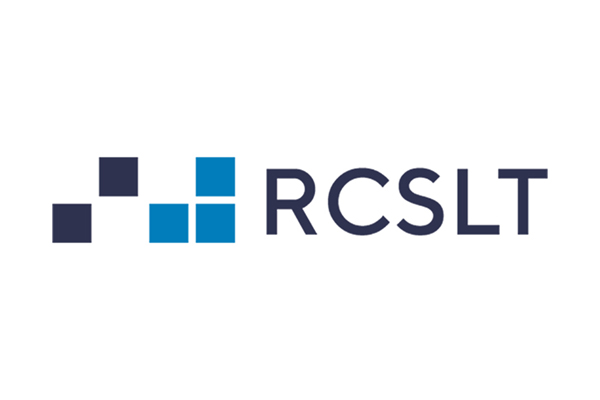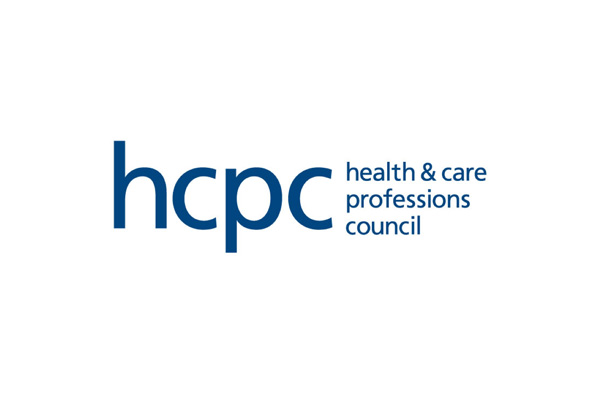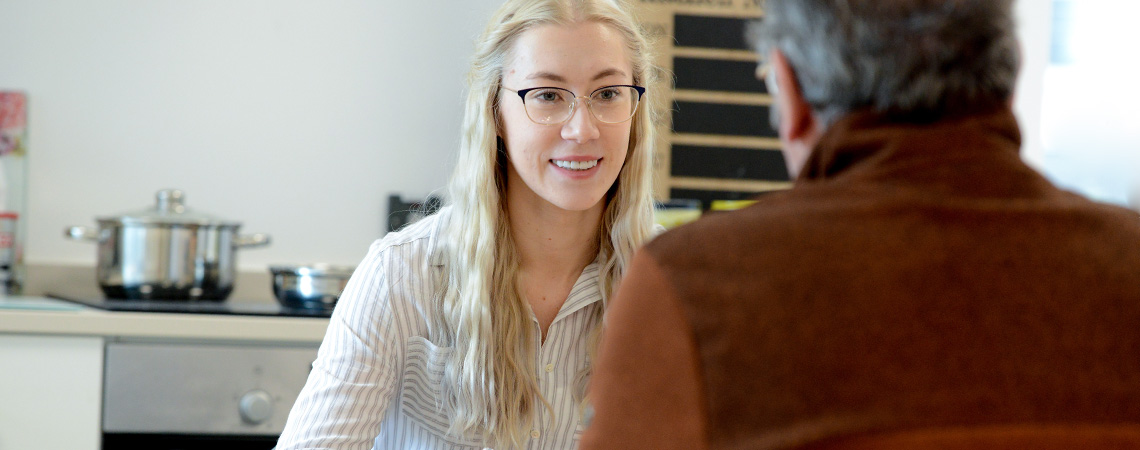Entry Requirements
A 2:2 degree in a related subject (such as biological or medical science, psychology, linguistics, English language, health and social care, or child development. Please note this list is not prescriptive)
or
A degree in any subject, together with work, voluntary, or personal experience. Examples of relevant experience can include:
- Employment in a speech and language therapy service.
-Working in any health care, social care, or education setting where people with speech, language, and communication difficulties are supported.
- Unpaid experience of supporting people who live with speech, language, and communication difficulties.
- Experience of working with the public in a setting where you were able to develop skills to support people with communication disabilities.
Applicants should also be able to describe:
- Their understanding of the Speech and Language therapy profession.
- Their understanding of the full range of the speech ,language, and communication difficulties and the ways in which these impact the lives of adults, children, and families.
Entry to the programme, which is underpinned by the Health and Care professions Council (HCPC) Professional Standards, is subject to an online group interview.
Other requirements include:
- Satisfactory completion of an Enhanced Disclosure from the Disclosure and Barring Service (DBS), including a check of all cautions and warnings as well as convictions, before their place on the course is confirmed. Note that the University will pay the costs of this check directly on your behalf.
- Be able to communicate in English to the standard equivalent to Level 8 of the International English Language Testing system, with no element below 7.5. The requirement is stricter for speech and language therapists than for all other HCPC professions, as communication in English is a core professional skills (standard 14.20, Standards of Proficiency for Speech and Language Therapists).
Applicants with disabilities:
We take seriously our obligation to make reasonable adjustments to ensure that all students with disabilities can successfully complete their studies. All applicants will be assessed on the basis of the criteria outlined here regardless of any disability. If you declare a disability we will invite you to work with us to explore how best we can support your studies.
Other information:
You must declare all spent and unspent criminal convictions including (but not limited to) cautions, reprimands, final warnings, bind over orders or similar and details of any minor offences, fixed penalty notices, penalty notices for disorder, ASBOs or VOOs.
Further information can be found at https://www.gov.uk/government/organisations/disclosure-and-barring-service. If you would like further information about entry requirements, or would like to discuss whether the qualifications you are currently studying are acceptable, please contact the admissions team on 01522 886097, or email admissions@lincoln.ac.uk.







